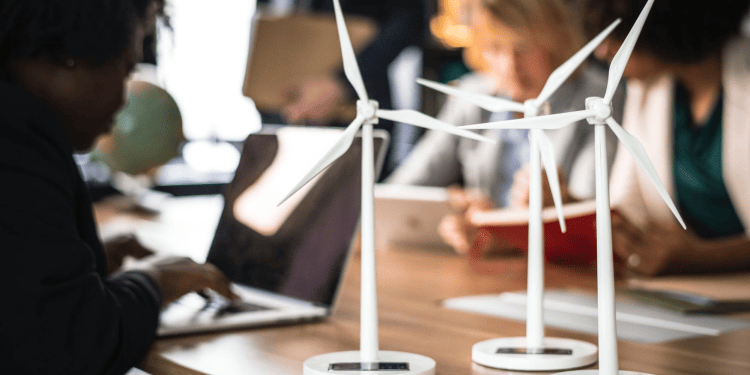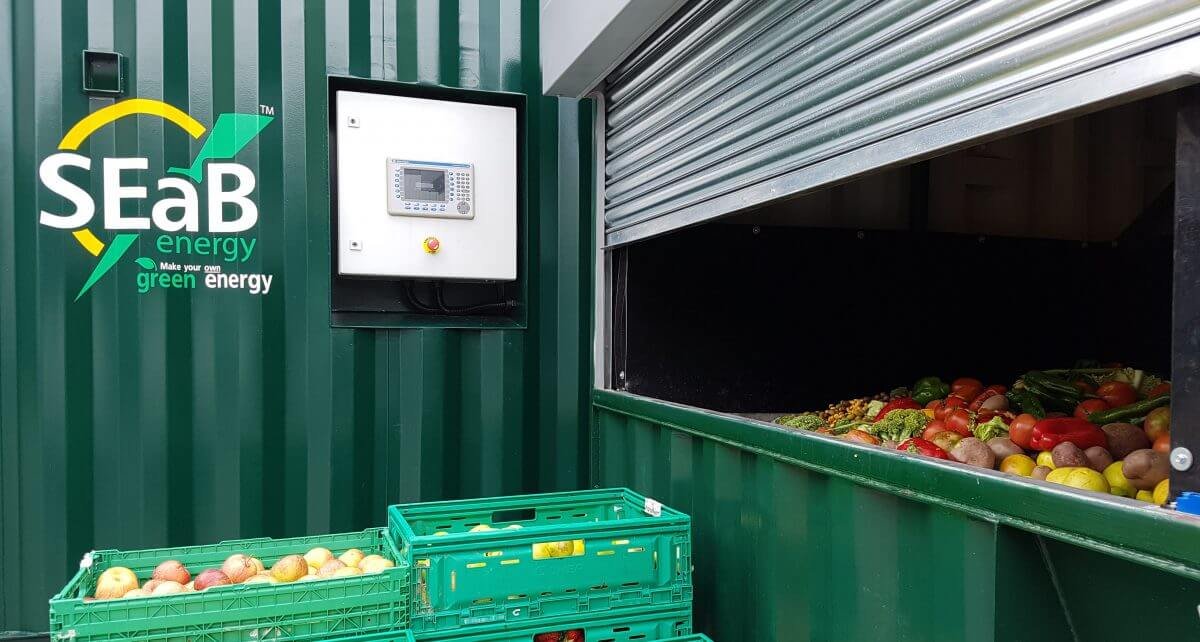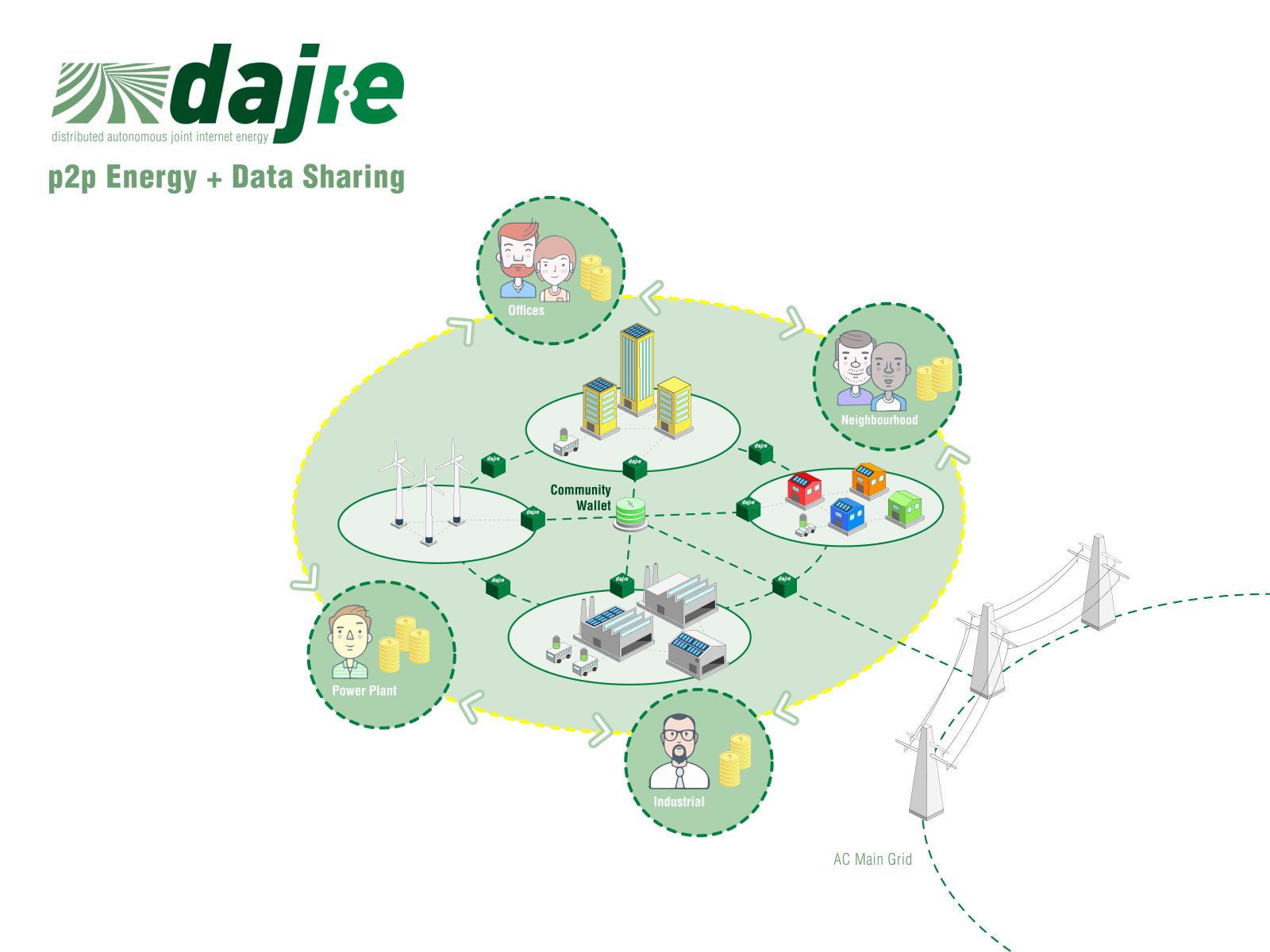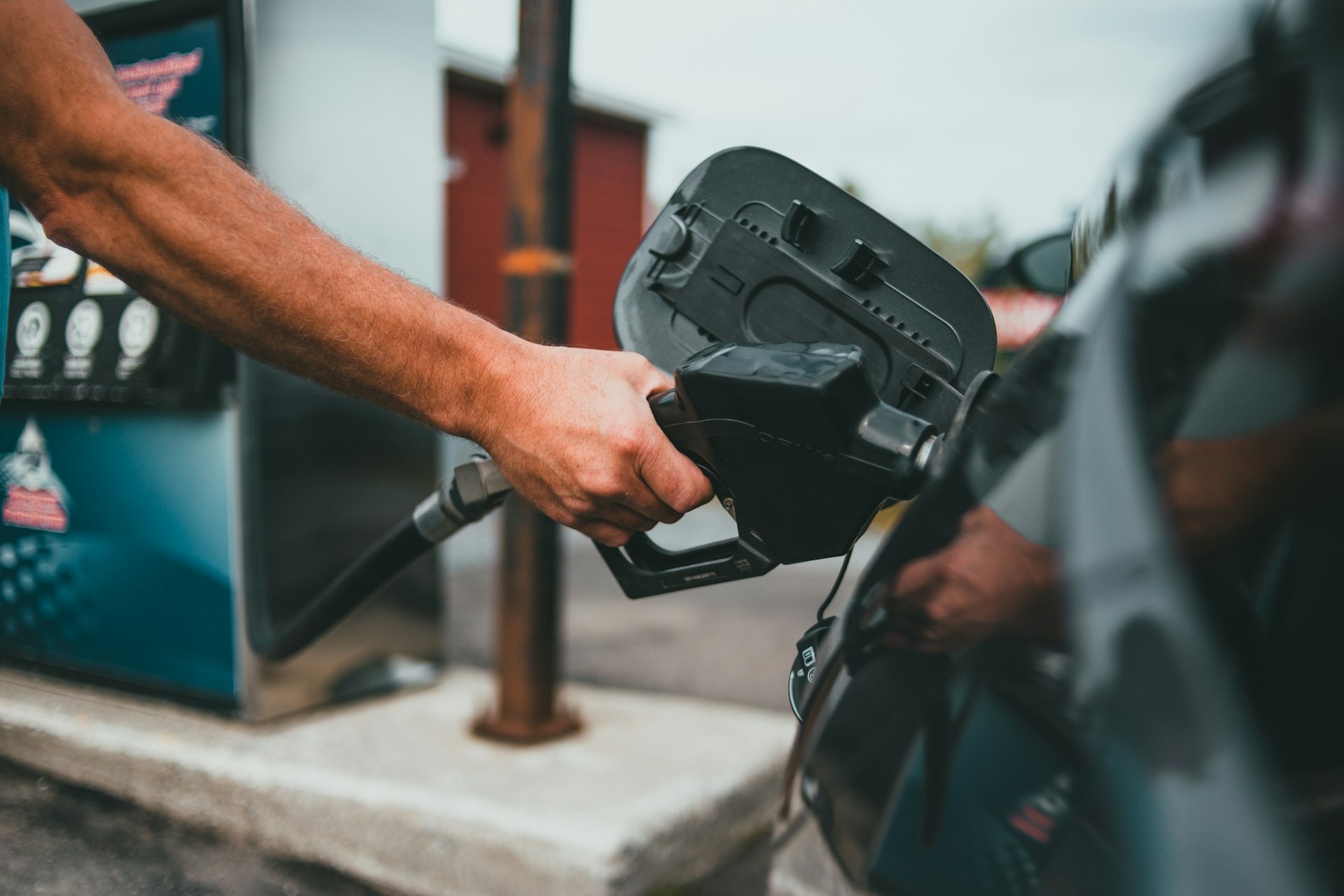The Time is Now
With the Global Climate Action Summit taking place in San Francisco this week, climate change is a hot (yes, pun intended) topic these days. At the Summit, ambitious leaders from state and local governments, business, investors, and citizens from around the world are given five challenges to solve: Healthy Energy Systems, Inclusive Economic Growth, Sustainable Communities, Land and Ocean Stewardship, and Transformative Climate Investments.
However, it is not just these attendees working hard to solve an issue that is quite literally everyone’s problem. There are startups working hard worldwide to not only turn a profit and launch that highly anticipated IPO, but also use their innovations to disrupt traditional business practices that originally enabled big corporations to profit from destroying our planet. In doing so, these startups positively contribute to both profit margins and combat climate change.
Along with the five Summit challenges, we are also going to highlight five startups that are working to solve each problem:
Challenge 1: Healthy Energy Systems
While you may not have to think about it, the reality is that many people — in both developing and developed countries — still lack access to reliable energy sources, such as electricity and water. In order to address this issue, one of the challenges proposed to world leaders is the Healthy Energy Systems challenge, which focuses on the global shift toward clean and equitable energy and mobility systems advances climate progress and enables healthy people and places.
PHOTO CREDIT: SEAB ENERGY
One can say that ‘healthy’ energy can also be ‘clean’ energy. SeAB Energy is a startup that is taking that notion a step further and saying that even literal rubbish can be both healthy and clean energy. SeAB Energy is a British startup focused on waste-to-energy technology and developed containers equipped with Anaerobic Digestion units. These specially designed containers turn organic waste into energy. Their technology is scalable and can be utilized in a variety of settings, and is particularly useful in urban areas where waste management in particular can be an issue, especially since supermarkets and small to medium businesses can produce anywhere between 500 and 3000 kilograms of organic waste per day.
Challenge 2: Inclusive Economic Growth
As technological advancements are now happening exponentially, we see that the economic disparities between the highest and lowest earners throughout the world are growing larger. Thus, the challenge of Inclusive Economic Growth focuses on climate leadership along with the clean technology and energy transition to generate good jobs, broad-based economic opportunity, and inclusive, resilient growth.
Just like fighting climate change, inclusive economic growth is not something cities or even countries can hope to achieve alone. In an increasingly globalized world, rather than building walls between us, learning to instead forge strong and lasting relationships is key. One prime example of this is Janngo, a social tech incubator that is multinational collaboration between based in Paris, France and Abidjan, Ivory Coast. Janngo builds, grows and invests in pan-African digital champions with proven business models and inclusive social impact. The incubator builds digital ecosystems in high growth sectors by providing business support and digital platforms allowing Small and Medium Enterprises (SMEs) to scale and contribute to the economic empowerment of youth and women through job creation and capacity building.
Challenge 3: Sustainable Communities
While overpopulation is one of the more pressing issues of our time, that does not mean we should neglect providing adequate housing for everyone. The key to solving this issue lies not only with quantity, but also quality — and that is exactly the aim of the Sustainable Communities challenge: to create buildings, cities, communities and infrastructure that are clean, healthy and livable, and improve quality of life for all.
We already know that there are just way too many people on this planet, so to say finding enough space to fit everyone is a problem would be a severe understatement. In order to solve such a problem, startups have to think outside the traditional idea of a home essentially being a box. Hong Kong-based architecture firm, James Law Cybertecture, apparently took that statement literally and found a way to refurbish concrete pipes (yes, the same used for sewage) into stylish miniature houses that can be stacked on top of each other for scalable housing communities. The housing units are called “OPod Tubes,” and come fully furnished. The OPod Tubes are meant to be used in otherwise unused urban areas and help cities rethink about urban planning more efficiently.
Challenge 4: Land and Ocean Stewardship
Although there are current efforts to find another suitable planet for us to live on, there is only one Earth. And as the sole planet we are able to inhabit, great care should be taken to preserve the its natural resources to ensure future generations can still not only survive, but thrive on Earth. The Land and Ocean Stewardship challenge focuses on acknowledging the role that forests, food, lands and ocean ecosystems must play in mitigating climate change and making our world more resilient, while also ensuring sufficient food supplies for a growing population. 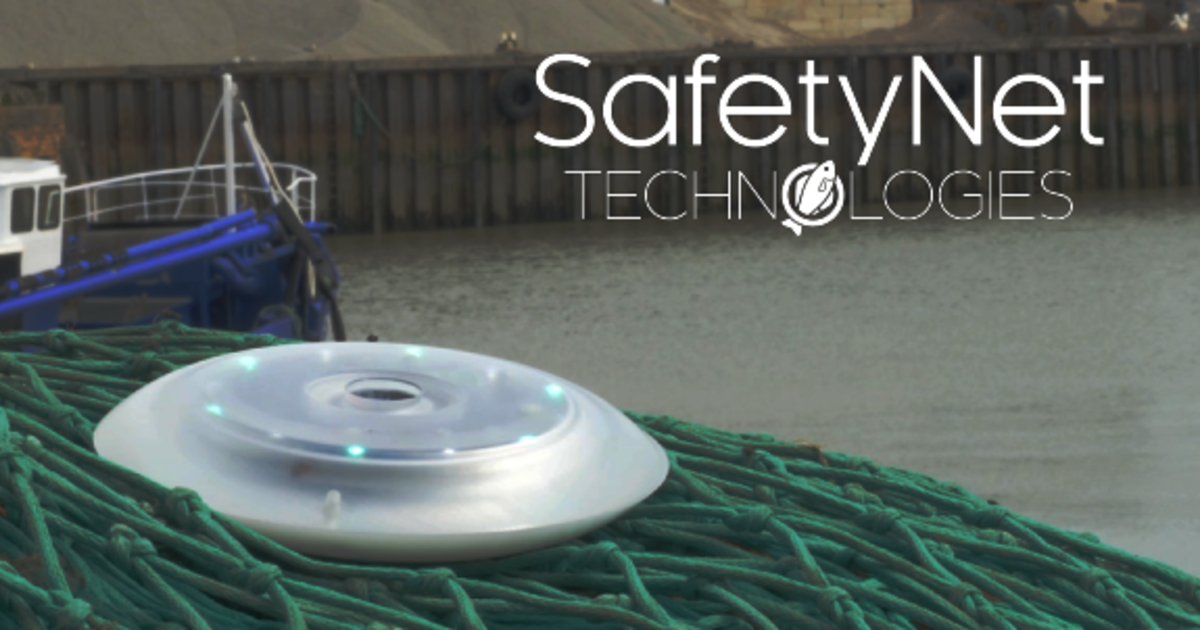
PHOTO CREDIT: SAFETYNET TECHNOLOGIES
Although we know should not take more than is necessary from our planet, overfishing is still a prevalent issue, and is made worse through a practice called “bycatch” which leads to the capture of the wrong species and ages of fish called bycatch. SafetyNet Technologies, a London-based startup, is focused on improving sustainability in the commercial fishing industry. SafetyNet Tech aims to make the fishing industry smarter through the development of user-friendly electro-mechanical devices to reduce bycatch.
Challenge 5: Transformative Climate Investments
Despite what big corporations taught you to believe these past few decades, climate change is not sustainable nor is it profitable. Just like our environment, financial investments should also have sustainability in mind. The Transformative Climate Investments challenges investors to rethink their strategies and to start mobilizing Investments on the scale needed to achieve the Paris Agreement, spur innovation and accelerate a clean and resilient economy.
As trust in traditional institutions, such as banks and governments, decline, the movement towards to decentralized marketplace is growing. Blockchain, while most famous for its use in cryptocurrencies, can also be used towards other applications. Dajie (Distributed Autonomous Join Internet & Energy For Everyone) is an Italian startup focusing on implementing blockchain technology in the energy sector by developing a centralized trading platform that will allow prosumers (a portmanteau of ‘producer’ and ‘consumer’) of rooftop solar PV systems to trade excess energy with their neighbours with the ultimate goal of creating a self-sustaining economy.
EDITOR’S NOTE: THE OPINIONS EXPRESSED HERE BY IMPAKTER.COM COLUMNISTS ARE THEIR OWN, NOT THOSE OF IMPAKTER.COM.
COVER CREDIT: PEXELS


